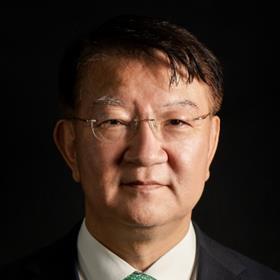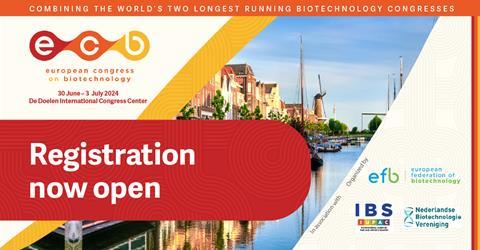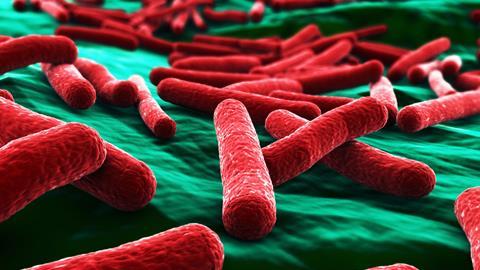From June 30 - July 3, 2024, the international biotechnology community gravitates towards the Netherlands as Rotterdam is hosting the European Congress on Biotechnology (ECB). Starting this week, C2W International will offer you previews of the congress. And we kick off with a big name: plenary speaker Sang Yup Lee.
When it comes to metabolic engineering, Sang Yup Lee has been pushing the limits for years. His lab at the Korea Advanced Institute of Sciences and Technology (KAIST), where he serves as Vice President of Research and as distinguished professor of Chemical and Biomolecular Engineering, is renowned for producing a wide variety of compounds through fermentation. He strongly believes in the power of metabolic engineering to deliver benefits for the common good. ‘In my lecture, I will explain how metabolic engineering of micro-organisms can contribute to developing solutions to counter climate change and to improve the health of the aging population. I will showcase the tools and strategies we use on a systems level to produce bulk chemicals, monomers and polymers, but also specialty chemicals and natural products.’

Colourants and spider silk
These natural products encompass colourants, flavours and fragrances that are important ingredients for a broad range of food and cosmetic products. Currently, most of these are extracted from plants, but that implies huge land use. Lee: ‘Precision fermentation allows the production of these compounds in a sustainable manner.’ For many products, however, obtaining them through fermentation has proven quite a challenge. ‘Take for example carminic acid, which is used as a red colourant and is extracted from tiny insects, cocheneals. It used to be very difficult to produce this by fermentation’, says Lee. ‘But thanks to a new idea, we are now the first to produce carminic acid in micro-organisms.’
And carminic acid is just one of the ‘difficult’ compounds on the long list of products that Lee’s group managed to produce through fermentation. Another impressive achievement was the production of ultra high molecular weight spider silk protein. Lee: ‘Cells hate these glycine- and alanine-rich proteins, but we managed to engineer the cells to be happy with them. It shows that many “impossible” compounds can be produced.’
PET from glucose?
Moreover, the list is not at all limited to naturally occurring substances, Lee shares. ‘We can even produce quantum dots, nanomagnets, and nanorods using micro-organisms. Through a heavy metal ion detoxification approach, the cells collect the metals and produce new compounds from them.’
Which prompts the question whether there are really no limits to metabolic engineering. ‘There are two ways to answer this question’, says Lee. ‘The optimistic answer is that there is nothing we can’t produce, we just need enough time. But when taking into account a more realistic timeframe, then I have to say that not everything is possible yet. Take for example PET, polyethylene terephtalate. So far, producing PET through fermentation has been out of reach. But when your start from paraxylene, you can produce PET metabolically. And since you can obtain paraxylene from lignocellulosic biomass, you can produce PET from biobased sources through a hybrid process. The ultimate aim, however, is to produce PET directly from glucose, but that is still a huge challenge.’
According to Lee, there is still much to be done and be gained when it comes to metabolic engineering. ‘The future lies in further integration of systems biology, synthetic biology and evolutionary engineering. We will never understand life in every detail, but as engineers, we use what we know so far.’
Sang Yup Lee will be presenting on Sunday June 30, 2024 at the European Congress on Biotechnology (ECB). The ECB takes place from June 30 - July 3, 2024 in De Doelen International Congress Center in Rotterdam, The Netherlands.
For more information on the programme and registration, please check the ECB congress website. Members of NBV (Dutch Biotechnology Association) or KNCV (Royal Netherlands Chemical Society) qualify for a 10% discount on the Standard and Academia registration fees.
Early bird registration fees are available untill May 24, 2024.














Nog geen opmerkingen